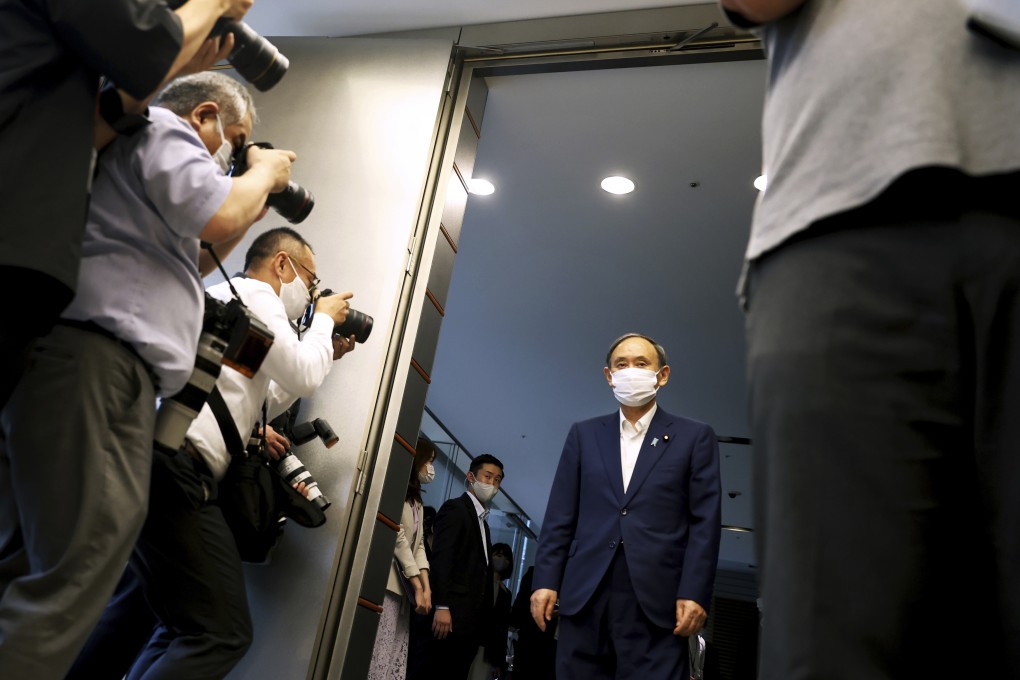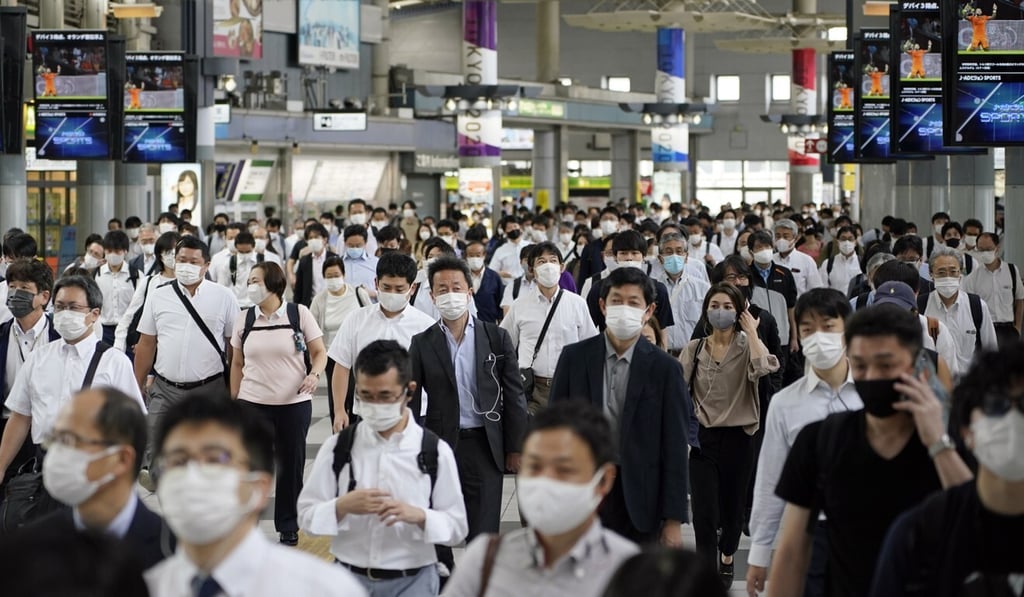Editorial | Pragmatic approach to China essential for next Japanese PM
- Successor to Yoshihide Suga needs to be reasonable in Tokyo’s relations with Beijing for the sake of regional stability and a smooth post-pandemic recovery

China and Japan, as neighbours and Asia’s two biggest economies, have a vital role in reinvigorating the region’s growth and development after the Covid-19 pandemic is vanquished. But with different approaches to defeating the coronavirus and hawkish Japanese policies towards Beijing, that is unlikely without enlightened leadership from Tokyo.
Prime Minister Yoshihide Suga’s decision to step down over his mishandling of the disease and economy offers an opportunity for a foreign policy reset. Cooperation requires trust and pragmatism, though, and that seems unlikely with the front runners to replace him having advocated beefed-up defences to counter perceived Chinese aggression.
Japan’s coronavirus death rate is the lowest of major developed economies, but that did not save Suga, who has been in office barely a year. Support for him among Japanese people and members of his ruling Liberal Democratic Party has plunged, largely as a result of a loss of trust over his handling of successive waves of the disease and decision to go ahead with the Tokyo Olympic Games in the face of the worst outbreak.
The party’s losses in recent polls further diminished his chances of winning re-election for leadership at the end of the month. His announcement last Friday not to run was a relief for lawmakers worried about prospects for a strong showing in general elections that have to be called before November 30.

The party is not in danger of losing the election; it has held power for all but three years since 1955 and the opposition has splintered. It needs a strong candidate to win a firm majority, bring the disease under control, raise the slow vaccination rate and save the economy.

